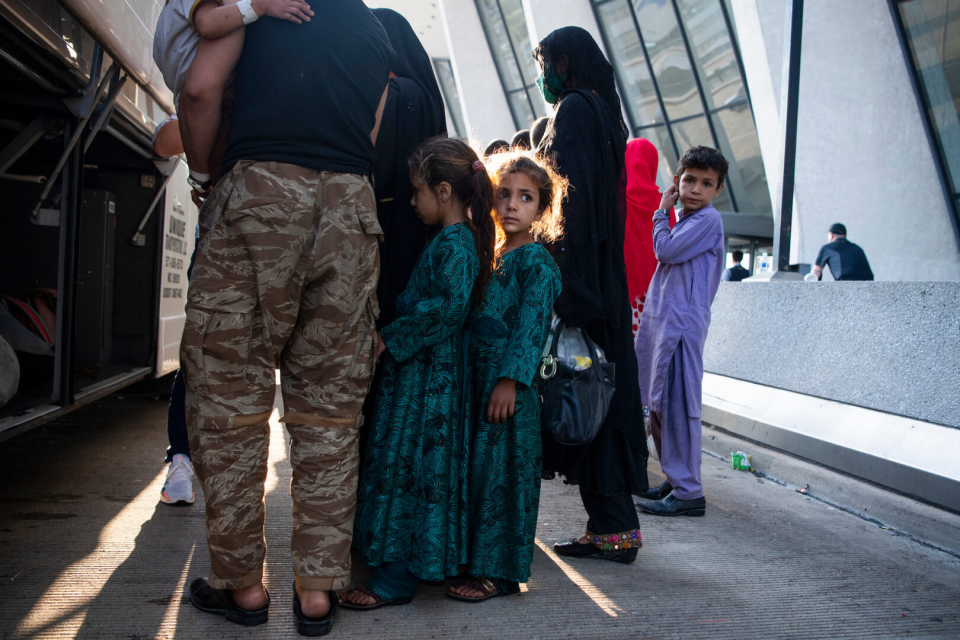In the lead-up to the closure of the U.S. Embassy in Afghanistan, Elizabeth Peña, then a congressional aide, had caught wind of murmurs circulating among local refugee nonprofits about the impending shuttering. Despite her attempts to seek clarification from the embassy, Peña received little information beyond being directed to check the embassy's website for updates.
Subsequently, in August 2021, the rumors were validated as the withdrawal of American troops, initiated by a 2020 agreement between the Trump administration and the Taliban, and executed by the Biden administration, resulted in the swift collapse of the Afghan army and the Taliban's rise to power. The closure of the American Embassy in Kabul on August 15th exacerbated the situation, triggering chaotic scenes as tens of thousands of Americans and allies scrambled to evacuate, leading to a backlog of immigration and related cases.
With the State Department inundated with inquiries, individuals seeking to leave Afghanistan, or their relatives, turned to Congress in large numbers. This influx of inquiries overwhelmed congressional offices, creating what Anne Meeker, deputy director at the nonprofit POPVOX Foundation, described as a "doom loop" for caseworkers. As the State Department struggled to cope, overflow cases spilled into congressional offices, where caseworkers, operating with scant information, found themselves grappling with the challenge of assisting constituents amidst internal chaos and inadequate structures for managing cases.
The Afghanistan withdrawal, characterized by its unprecedented chaos, serves as a stark illustration of the hurdles faced by caseworkers — often unsung heroes in congressional offices — when confronted with surges in cases following a disaster, as outlined in Meeker's report released by the POPVOX Foundation.

















